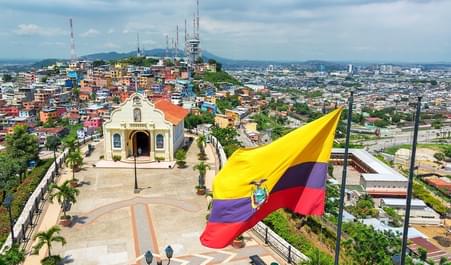The long-awaited tax reform bill, a centrepiece of president Duque’s economic agenda, ought to have a positive impact on Colombia’s economic growth, but it is also bound to perpetuate “historical criticisms of the country’s tax and social security systems”, warns BBVA economist Juana Tellez.
The bill allows a rebate of value-added tax for the poorest 20% of the population, and cuts health care contributions for low-income pensioners.
According to the banker, gradual reduction of the tax rate for corporates will help level the playing field and align the country’s tax regime with the rest of the Pacific alliance, and the VAT refund for investments in capital goods would bring it closer to the international standards.
However, the downside of the bill, were it to be approved by the courts, is that it would result in a “targeted tax” by making the nation’s public spending system even more rigid than it already is.
“While reducing the health contributions of the lower percentile in society seems like a good idea, the cost of this move to the fiscus would mean that it effectively becomes a subsidy at the expense of the poorest, to those who are slightly better off,” Tellez concludes.
The controversial bill, arriving at the second attempt after being rejected on a technicality a year ago, was finally pushed through Congress in the eleventh hour at the end of December, but is now facing the final test in courts, which reconvene on January 12.









